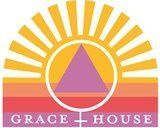Our approach
Additional Resources
Meditation and spiritual practice are fundamental components of the Twelve Step process and we explore many different ways of connecting to our own inner peace. Daily practice is directly attributed to our success.
- Harvard Study on How Meditation Can Rebuild Gray Matter in the Brain
- Spirituality Symbolized by Native Americans
We practice Non-Violent Communication in our groups which coincides with IPNB and the need to develop healthy communication skills, stimulating neuroplasticity in the pre-frontal cortex, and healing the brain. For more information, please visit:
- The Center for Non-Violent Communication Research
- Neurobiology Advances on Brain Disease Model of Addiction
Movement and breathing is practiced regularly to promote increased energy and stamina; improved muscle tone, digestion, and concentration; and enhanced relaxation and ability to deal with life’s daily stresses.
- Amazing Story of Yoga Healing a Disabled Veteran
The Twelve Steps has been a time-tested and proven process for long-lasting recovery from addiction. The environment at the Soul Sanctuary is created to enhance the experience of recovery by focusing on step work while giving direct support on how to do it progressively.
- The Twelve Steps May Be the Most Effective Path to Staying Abstinent
- Alcoholics Anonymous vs. Other Programs

